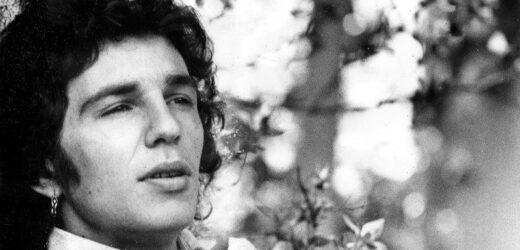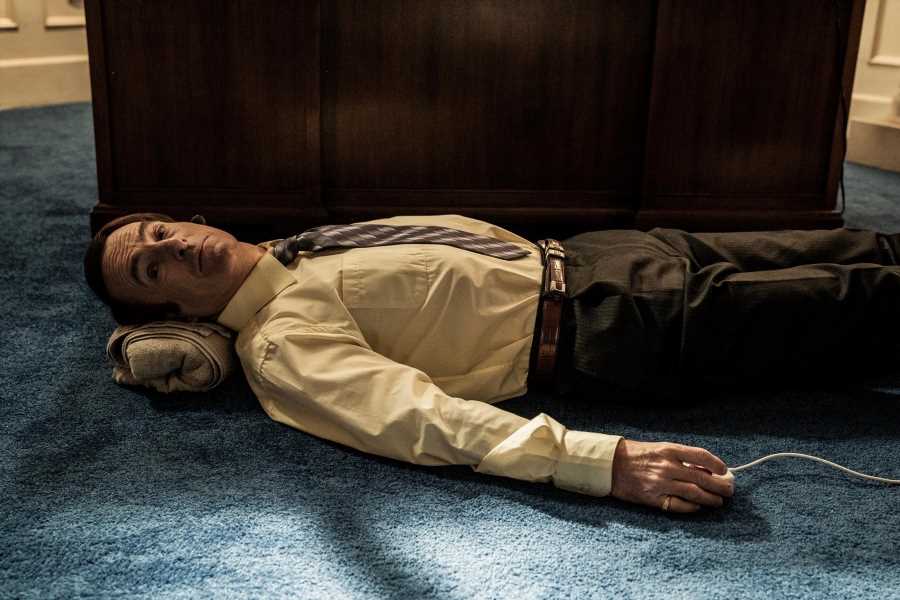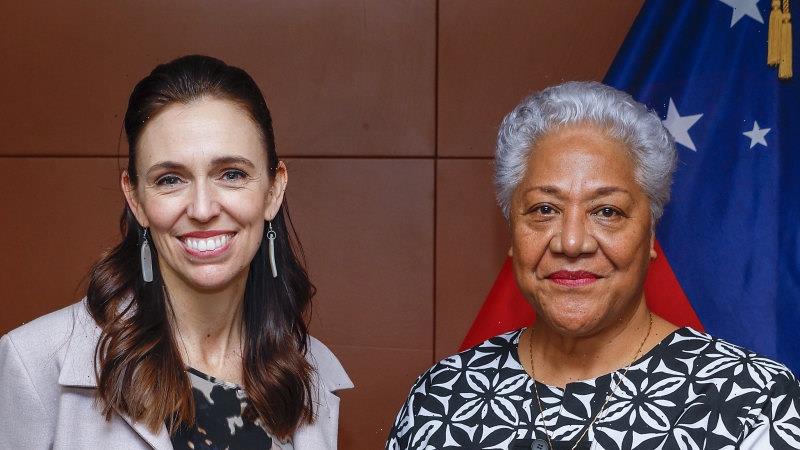The back bar of the Prince of Wales hotel in 1975 was no place for poetry. It was smoke-filled and loud and crowded with whoever had walked off a rough Fitzroy Street looking for refuge when Shelton Lea yelled at the bar to be quiet and read out a poem about time he had spent in jail.
Shelton Lea at the Montsalvat Poets Festival.Credit:courtesy of Barbara Robertson
“and in the cells in Goulburn
on mattresses, thin as two tallyhos,
it was cold brother…”
“Until then no respectable poet would read in a pub,” said Ken Smeaton, poet and producer of a documentary covering 50 years of performance poetry in Melbourne. “But I knew it would work after seeing Shelton Lea quell that rowdy public bar at the Prince of Wales one Saturday afternoon and read his poem … You could have heard a pin drop.”
In her book Delinquent Angel, Diana Georgeff relates how Lea came to perform poetry: he was inspired by the public speakers who would climb on crates or folding chairs to harangue audiences in Sydney’s Domain.
Eleanor Jackson at The Motley Bauhaus, venue of the P Word Sessions, in 2019.Credit:Michael Reynolds
“The Hungarian poet and enemy of psychiatry Sandor Berger was here on a box with his wintry beard and declamatory style, and he stood out beside all the untalented drear,” Georgeff wrote. “He was a poet living by his poetry and Shelton was in awe.”
At 18 he was changing poetry at the El Rocco, the jazz venue in the Cross. When he moved back to Melbourne, he worked as a bartender in Carlton, where he found a community of poets: they’d gather at the Albion, where “poets got up on the bar and recited Baudelaire or invented their own poems … competing with drunks, arguments, slamming cash registers, seducers and people who were bored”.
Writes Georgeff: “The Albion was a crush. There were heavy drinkers and thinkers and painters and musicians, and there were gangsters and blacks and fights … they drank pots of warm white wine and the women drank tequila and pineapple juice.”
But Shelton could always hold a crowd: his trick was not to yell over the noise, but to deliver poems quiet, low, in his husky, drink-and-smoke-filled voice.
Ken Smeaton in action.Credit:Brendan Bonsack
The seven-episode History of Melbourne Poets Venues, 1970s to 2021 is enriched by street poetry and interviews with those involved in a movement that continues to provide touchstones and gemstones for poets, writers and editors.
Smeaton, who has organised more than 2000 poetry events in Melbourne, panned through archives of street poetry, video footage and event posters before interviewing event organisers and poets to produce a documentary that is as raw and vernacular as the literary movement it profiles.
Smeaton said the street poetry movement in Melbourne was inspired by Thom Woodruff, aka Tom the Poet, who, along with a band of street poets, handed out thousands of home-printed poetry posters every day during the 1970s. “It created a presence for poetry in Melbourne that helped in the promotion of poetry events,” Smeaton said.
By the end of the 1970s poets had occupied Melbourne’s pubs and cafes, organising open mics on open stages that also hosted paid feature poets. Key early venues included Café Jammin, the Outpost Inn and the Commune and later The Dan O’Connell (for 26 years), The Rochester Castle and the Perseverance Poets, along with festivals such as the Montsalvat Poetry and Song Festival and the Festival of Surrealisms. The oral poetry scene seeded important magazines of new writing, with Collected Works Bookshop providing a meeting place and venue for readings.
From the beginning, street poetry and spoken word performances rebelled against the formalism of traditional academic and some modernist canons of poetry. Early street poets and performance poets were influenced by social realism, beat poetry, anarchism and dadaism, with an almost anti-intellectual love of “the sound of breaking the rules”, to quote a Smeaton poem.
Komninos Zervos, whose Tsakpina Café above Lonsdale Street hosted poet and magazine publisher πo’s anarchist poets and Tom’s street poets in the late 1970s, said, “Performance poetry continues to attract people as a form of personal revolution, as a way of getting people to change themselves as much as anything. Performance poetry is politics at a very personal level.”
Spoken word events also amplify the verbal and gestural elements, the rhythms and silences, that enrich poetry. “The gestural component of utterance is present at poetry readings but can be lost on the page,” noted πo. “Utterance lets you put the body back into language.”
πo said Jas H Duke helped introduce the Melbourne underground to spoken word, dadaist, concrete and conceptual poetry. πo, along with members of the Melbourne Poets Union, formed in 1977, organised poetry readings in factories, prisons and psychiatric hospitals.
In Melbourne’s 1980s post-punk era poets took the microphone between bands in pubs but soon organised their own gigs and were sometimes joined by stand-up comedians at open mic events.
During the 1970s, ’80s and ’90s there were poetry events every night of the week in Melbourne. It was an open church that welcomed all genders and ethnicities from the beginning and created a community for isolated writers, many of whom later established careers as writers and editors.
Later episodes in the documentary series profile events still running in Melbourne, including The P Word Sessions, Passionate Tongues, Poetryspective, the Cherry Tree Poets and the quarterly La Mama Poetica, which began in 1967.
One-hour episodes of the History of Melbourne Poets Venues screen at the Cherry Tree Hotel in Richmond on the first Saturday of each month, with the 1980s episode on August 6 at 1pm. Episodes will be made available on YouTube in late September.
August is Poetry Month. The Victorian Gala is on August 4 – for tickets and a guide to other events visit redroompoetry.org.
A cultural guide to going out and loving your city. Sign up to our Culture Fix newsletter here.
Most Viewed in Culture
From our partners
Source: Read Full Article





